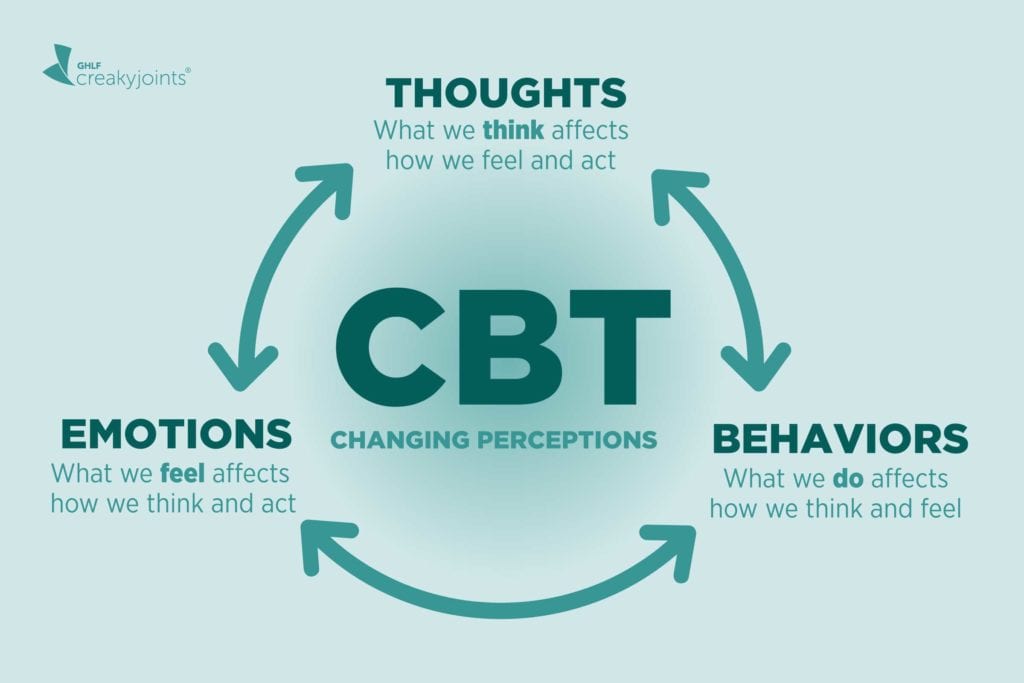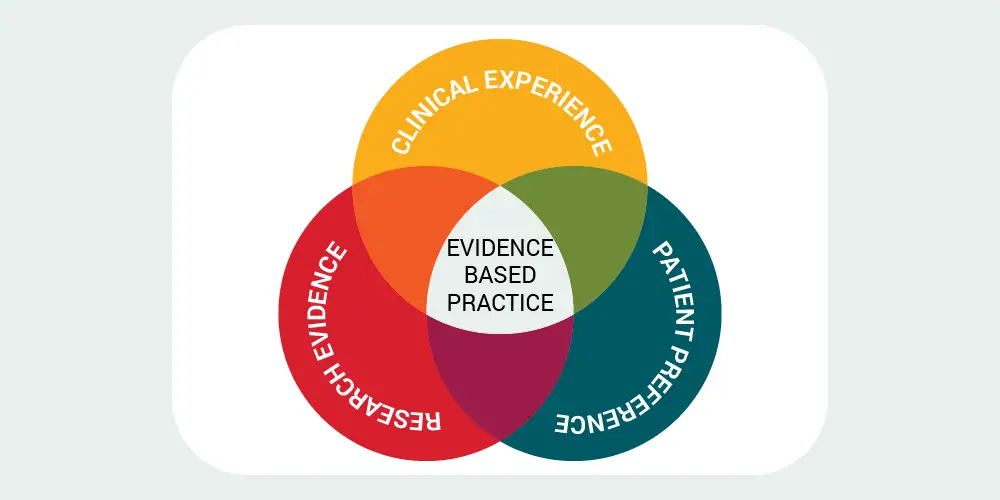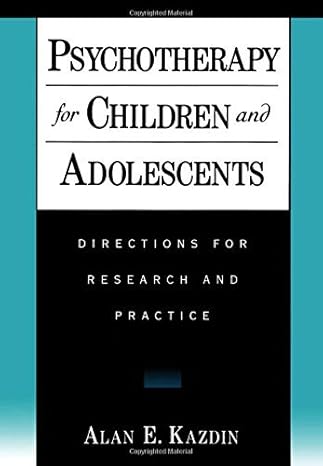Contents
Introduction
Alan Kazdin is a distinguished psychologist known for his extensive work in clinical psychology, particularly in child and adolescent therapy, and for his research on behavioral treatments. His contributions have shaped contemporary practices in psychotherapy and behavioral analysis, influencing treatment approaches for a wide range of psychological issues. Kazdin’s work has garnered significant recognition for its empirical rigor and practical application in improving mental health outcomes.

This article delves into Alan Kazdin’s pioneering research, his theoretical contributions, and the profound impact of his work on clinical psychology and behavior therapy.
Early Life and Education
Alan Kazdin was born on September 19, 1948, in the United States. His early fascination with psychology and human behavior guided his academic path. From an early age, Kazdin was drawn to understanding mental health and the effectiveness of therapeutic interventions. His formative experiences and educational background provided a solid foundation for his subsequent research and clinical work. is education and early research provided a strong foundation for his future work in developing effective treatments and interventions.

Educational Journey
| Aspect | Details |
|---|---|
| Early Education | Kazdin excelled in his early education, showing particular interest in psychology. His undergraduate studies laid the groundwork for his future research in behavioral science. |
| Ph.D. in Psychology | Kazdin earned his Ph.D. from Yale University in 1974, where he focused on clinical psychology and behavioral therapies. His doctoral research emphasized developing effective treatment methods for children and adolescents. |
| Academic Career | Following his doctorate, Kazdin joined Yale University as a faculty member. He made significant contributions to the fields of behavioral treatment and clinical psychology, particularly through his work on evidence-based practices and the development of innovative therapeutic techniques. |
Influences and Early Career
| Aspect | Details |
|---|---|
| B.F. Skinner | Skinner’s work on operant conditioning significantly influenced Kazdin’s approach to behavior modification. Kazdin incorporated Skinner’s principles into his research on behavior therapy and treatment interventions. |
| Joseph Wolpe | Wolpe’s development of systematic desensitization and his work on behavior therapy were key influences on Kazdin’s methods. Kazdin built on Wolpe’s techniques to enhance therapeutic practices for treating anxiety and phobias. |
| Albert Bandura | Bandura’s social learning theory and work on observational learning impacted Kazdin’s understanding of behavior development and therapeutic approaches. Kazdin integrated these concepts into his treatment methodologies, focusing on cognitive and behavioral interventions. |
Major Theories and Work

Behavioral Parent Training
Alan Kazdin’s work on Behavioral Parent Training focuses on techniques to improve child behavior through parental involvement. Key elements include:
- Parenting Strategies: Kazdin develops specific strategies for parents to use, including reinforcement, discipline, and consistency, to effectively manage and alter their child’s behavior.
- Empirical Evidence: His research provides empirical support for these techniques, demonstrating their effectiveness in various settings and with diverse populations.
- Applications: This work has widespread implications for clinical practice, parenting programs, and interventions aimed at improving child behavior and family dynamics.
Image Source: getgoally.com

Cognitive-Behavioral Therapy (CBT)
Kazdin has significantly contributed to the integration of Cognitive-Behavioral Therapy with behavioral principles. Key elements include:
- Theory Integration: His research combines cognitive and behavioral techniques to address a wide range of psychological disorders, emphasizing practical applications in therapy.
- Effectiveness: Studies validate the effectiveness of these integrated approaches in treating conditions such as anxiety, depression, and conduct disorders.
- Clinical Impact: This integration has influenced modern therapeutic practices, informing treatment strategies and improving patient outcomes across various psychological conditions.
Image Source: creakyjoints.org

Evidence-Based Practices
Kazdin’s development of evidence-based practices revolutionizes therapeutic interventions. Key elements include:
- Research Methodology: His work emphasizes rigorous research methodologies to establish the efficacy of various therapeutic techniques and interventions.
- Standards Setting: Kazdin’s contributions help set high standards for evidence-based practices in psychology, ensuring that interventions are scientifically validated.
- Policy Influence: His approach influences policies and practices in clinical settings, promoting the use of well-researched methods for treating psychological disorders.
Image Source: accelerate.uofuhealth.utah.edu
Famous Books and Publications

The Kazdin Method for Parenting Your Defiant Child (2009)

Single-Case Research Designs (1982)

Research Design in Clinical Psychology (2017)

Psychotherapy for Children and Adolescents (2000)
Influence on Contemporary and Future Psychological Research
- Behavioral Intervention Strategies: Kazdin’s development of evidence-based practices for treating behavioral and emotional disorders has set a benchmark for contemporary therapeutic approaches. His research methods and findings continue to shape how interventions are designed and evaluated, emphasizing the importance of empirical validation in treatment efficacy.
- Parent Training Programs: Kazdin’s work has influenced modern approaches to parent training, focusing on techniques that improve child behavior and family dynamics. His strategies are widely applied in designing programs aimed at enhancing parenting skills and managing disruptive behaviors in children.
- Child and Adolescent Therapy: His contributions to therapeutic methods for children and adolescents have informed current practices and policies in mental health care. Kazdin’s emphasis on behavioral modification and evidence-based treatments has paved the way for more effective and targeted interventions for young populations.
- Integration of Cognitive-Behavioral Techniques: Kazdin’s research has facilitated the integration of behavioral techniques with cognitive approaches, enhancing the development of comprehensive treatment models. This integration continues to influence contemporary therapy practices, improving the management of a range of psychological disorders.
- Evaluation and Measurement: Kazdin’s methodological advancements in research design have refined the evaluation and measurement of therapeutic outcomes. His focus on rigorous empirical research has set standards for assessing the effectiveness of psychological interventions and treatments.

Psychologists Influenced by Alan Kazdin
- John B. Watson: Watson’s early behaviorism laid the groundwork for understanding behavior as a response to environmental stimuli. Kazdin expanded upon Watson’s ideas, particularly in applying behaviorist principles to clinical settings and refining therapeutic techniques for children and adolescents.
- B.F. Skinner: Skinner’s operant conditioning theories, which focus on how behavior is shaped by rewards and punishments, profoundly influenced Kazdin’s approaches to behavior modification. Kazdin applied Skinner’s principles to develop effective behavior modification strategies and therapeutic interventions.
- Gerald Patterson: Patterson’s work on the development of aggressive behavior in children and the implementation of parent training programs has been shaped by Kazdin’s research on behavior modification and parenting interventions. Kazdin’s emphasis on evidence-based practices has informed Patterson’s approaches to addressing disruptive behavior.
- David Barlow: Barlow’s research in clinical psychology and his development of cognitive-behavioral therapy (CBT) techniques have been influenced by Kazdin’s contributions to behavioral interventions. Kazdin’s focus on empirical validation and practical application has informed Barlow’s approaches to treating anxiety and mood disorders.
- Thomas C. Kerns: Kerns’s research on childhood behavior disorders and intervention strategies has been influenced by Kazdin’s work on behavior modification and evidence-based practices. Kazdin’s methods have contributed to Kerns’s development of effective treatment protocols for behavioral issues.
Impact on Psychology
Influence on Modern Thought
Alan Kazdin’s contributions have profoundly impacted child and adolescent therapy, particularly through his development of effective behavioral interventions. His work has reshaped contemporary practices in behavior therapy by introducing evidence-based methods that enhance treatment efficacy for various psychological disorders. Kazdin’s emphasis on rigorous research and empirical validation has influenced how psychological treatments are conceptualized and applied, setting new standards for intervention practices across diverse settings.
Legacy and Recognition
- Long-Term Impact: Kazdin’s pioneering research and therapeutic innovations continue to shape the field of clinical psychology. His development of evidence-based practices has set new standards for treating behavioral and emotional disorders in children and adolescents. By integrating rigorous scientific research with practical application, Kazdin has significantly advanced the effectiveness of therapeutic interventions. His work has influenced a broad range of areas, from clinical treatment protocols to policy development, enhancing the quality and accessibility of mental health care.
- Major Awards and Honors: Kazdin has received numerous accolades for his significant contributions to psychology. Among these, the Distinguished Scientist Award from the American Psychological Association (APA) stands out, recognizing his groundbreaking research and influence in the field. His recognition extends to awards for his work in behavioral therapy and clinical research, reflecting his impact on both theoretical and practical aspects of psychology. These honors underscore his role as a leading figure in advancing evidence-based practices and improving therapeutic methods.
- Criticisms and Controversies: While widely respected, Kazdin’s work has faced some criticisms, particularly regarding the generalizability of certain behavioral interventions. Critics have questioned the applicability of specific treatment methods across diverse populations and settings, suggesting that some interventions may not be as universally effective as initially proposed.
Conclusion
Alan Kazdin’s extensive contributions to clinical psychology and behavior therapy have made a significant and lasting impact on the field. His groundbreaking research and innovative approaches in therapeutic practices have profoundly transformed how psychological disorders are understood and treated, particularly in children and adolescents. Kazdin’s pioneering work has been instrumental in shaping contemporary therapeutic techniques, emphasizing the importance of evidence-based practices in mental health care. His dedication to refining and advancing therapeutic methods has led to more effective treatments and interventions, contributing to improved outcomes for individuals facing a range of psychological challenges.
Bibliography
- [1] Kazdin, A. E. (2009). The Kazdin Method for Parenting Your Defiant Child. Houghton Mifflin Harcourt.
- [2] Kazdin, A. E. (2012). Behavior Modification in Applied Settings. Waveland Press.
- [3] Kazdin, A. E. (2017). Research Design in Clinical Psychology. Guilford Press.
- [4] Kazdin, A. E. (2020). Interventions for Children and Adolescents: A Handbook of Treatments. Springer.
- [5] Kazdin, A. E., & Blase, S. L. (2011). Psychoeducational Approaches for Parents of Children with Behavioral Disorders. Routledge.
- [6] Kazdin, A. E., & Nock, M. K. (2003). Adolescent Mental Health Treatment. The Guilford Press.
- [7] Kazdin, A. E. (2008). Treatments for Children with Behavior Problems: A Review of the Evidence. Behavioral Therapy, 39(3), 339-356.
- [8] Kazdin, A. E. (1997). Childhood Disorders: A Comprehensive Approach. Cambridge University Press.
- [9] Kazdin, A. E., & Weisz, J. R. (2003). Evidence-Based Psychotherapies for Children and Adolescents. Guilford Press.
- [10] Kazdin, A. E. (2000). The Applicability of Behavioral Interventions: Theoretical and Practical Considerations. Behavioral Research and Therapy, 38(11), 1229-1245.






